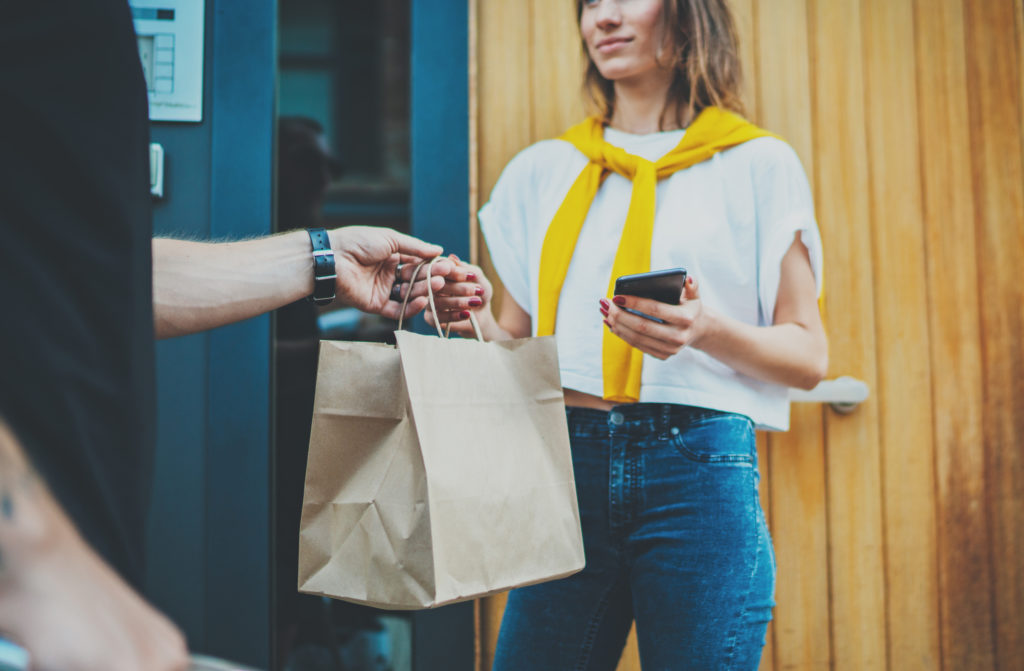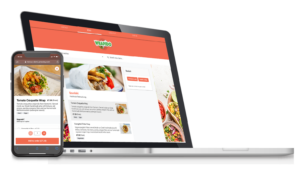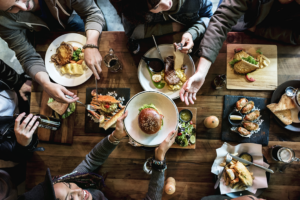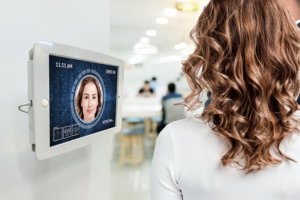[vc_row][vc_column][vc_column_text]The events taking place across Britain are unprecedented, and a ‘national effort’ has been called for by economic and scientific minds. Financial help from the government has been announced, but naturally, restaurants are seeking alternative methods for attracting revenue in order to survive.
For some, this search has led to a shift in perspective. Dark kitchens have often been seen as a threat to the hospitality industry. They’ve been accused of drawing consumers away from conventional restaurants, coaxing them to take out rather than eat in. The Financial Times once wrote: Dark kitchens, as the logical extension of a system that sees food as a manufactured item and replaces hospitality with a supply chain, will play a huge part in deskilling a nation of cooks. Yet now they offer a vision of hope. Their business model requires little-to-no customer interaction meaning their continuing operation during the COVID-19 breakout is less problematic.
In the traditional sense (if something so new can be called traditional), dark kitchens are fully-equipped business kitchens, just like those in a conventional restaurant. The difference is there’s no customer area or takeaway counter. The businesses are dedicated solely to serving the consumer demand for digital ordering and delivery. In pretty much every other way, they operate like usual. They offer similar foods: pizza, fish and chips, curries and healthy options – and prepare the orders as they arrive.
At this moment everyone is facing the same threat. And because this is an amazing industry, made up of fantastic people, that means the competition that previously played out between businesses is null and void. The dark kitchens that conventional restaurant owners used to distance themselves are acting as a source of inspiration, offering a key to surviving this difficult period.
Whether the business is a restaurant, cafe, takeaway or even small retailer, it can benefit from using the digital technologies that lie at the foundation of dark kitchens: namely online ordering, mobile ordering and customer data analysis.
These simple platforms are, right now, allowing customers to order from the security of their own homes; they’re letting customers arrange for their orders to be collected (either in-store or from a designated collection point) or delivered. Amazingly, where businesses don’t have the ability to arrange local delivery themselves, communities and associations are grouping together to form delivery services, helping the most vulnerable get food to their homes.
It’s no secret that the use of these technologies, both for dark kitchens and conventional restaurants, has been growing in recent years. Preoday (a QikServe company) has worked with hundreds of companies across the UK, helping them establish their digital ordering systems; this event is escalating that growth. Once it’s over, it is possible that the way we shop and order food will have changed forever.
But that won’t be the only outcome.
The good will that these businesses are showing to their villages and towns is already being repaid as communities pledge to order locally and keep their favourite stores open. For those that make it through this time of restricted movement, the relationship they will have with their customers will be stronger than ever.
It’s important to note that, in normal circumstances, getting a food outlet or shop online and taking digital orders, via a website or app, takes a couple of weeks. During the COVID-19 outbreak, we’re committed to reducing this time. It’s working hard to get any company that wants online ordering, up and running within 2 days. It’s doing this without set-up costs or commission fees and at only a low monthly flat fee. If you know any business that is struggling and could benefit from online ordering, point them to this link. Once they’ve completed the form, we’ll be in touch to help as quickly as possible.[/vc_column_text][/vc_column][/vc_row]





